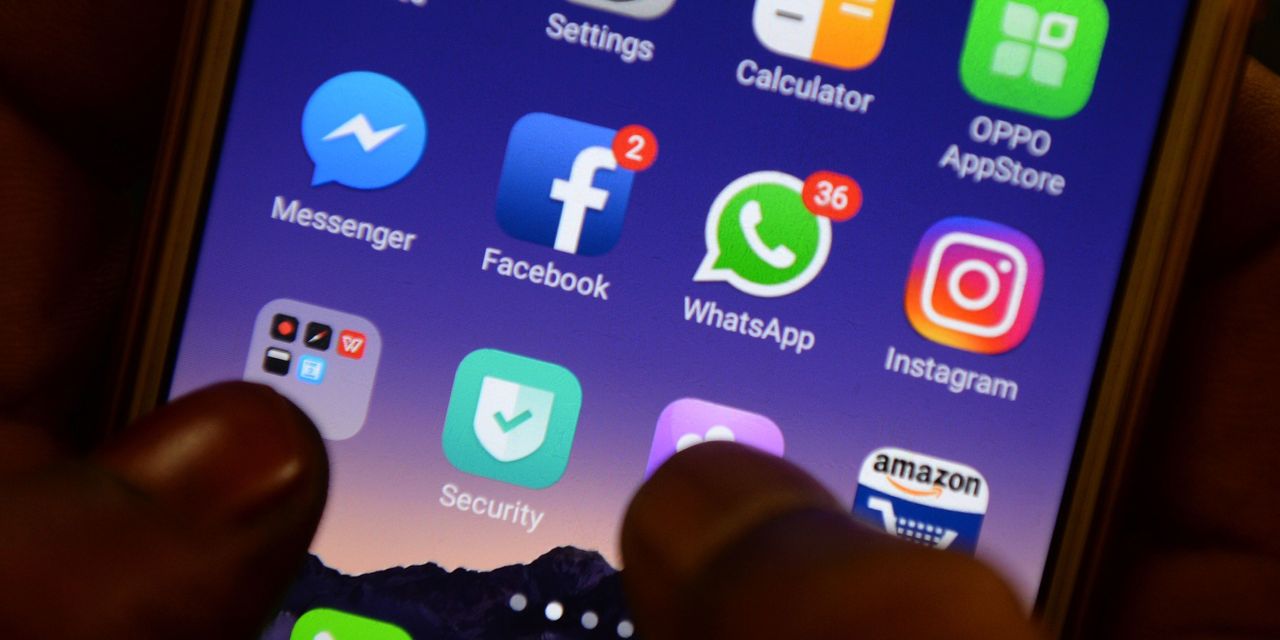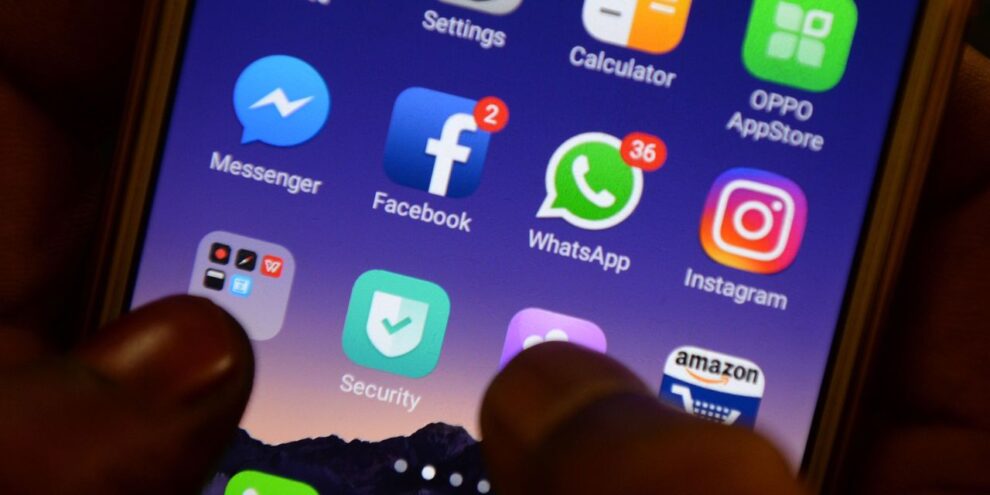
The government consortium suing Facebook Inc. for anticompetitive behavior led to a lot of talk about spinning off Instagram and WhatsApp on Wednesday, but that is quite an uphill legal battle that is unlikely to happen.
The Federal Trade Commission and 48 U.S. attorneys general filed antitrust lawsuits against Facebook FB, -1.93% on Wednesday, contending the world’s largest social network committed unlawful, anticompetitive acts that put many of its rivals out of business. One of the remedies sought in the suits is to force Facebook to spin off Instagram and WhatsApp, two companies Facebook purchased in their infancy for billions of dollars.
A few pundits, though, have pointed out some of the weaknesses in the lawsuits, and in the possibility of a breakup.
Breaking up Facebook seems like a nuclear option, or a negotiating tactic by prosecutors seeking a strong start to negotiations. It seems highly unlikely that the cases will lead to the breakup or spinoffs of companies purchased years ago.
“Courts won’t buy this,” Colin Sebastian, an analyst with Robert W. Baird, wrote in a note to clients. “Facebook has built up these services using its own technology and innovation, they are largely integrated on the back end, plus there is obviously intense competition from TikTok, Snap SNAP, -1.70%, Twitter TWTR, -0.42%, Pinterest PINS, -2.07%, Discord, Parler, among others.”
Donald Polden, a professor at Santa Clara University’s School of Law who focuses on antitrust and federal securities law, agreed.
“The government has a tough case,” Polden said in a phone interview. “It’s not going to be an easy case. That was the same insight I had about [the case against] Google GOOGL, -1.85% GOOG, -1.89%, because people like the service and it’s free. You don’t have a situation where the price is higher and it’s harder to get. It’s largely driven by the complaints of competitors.”
Polden also noted that spinning off Facebook’s two biggest acquisitions, Instagram and WhatsApp, will be difficult to enact.
“There have been cases where there have been divestitures of the previously acquired company, but they are stand-alone companies, they function as a division, as stand-alone assets,” Polden said.
In the case of both the photo-sharing app Instagram, for which Facebook paid $1 billion in 2012, and messaging app WhatsApp, for which Facebook paid a whopping $19 billion in 2014, both applications are now integrated with Facebook and share plenty of back-end software. Facebook does not break out revenue for either of its subordinate properties, and has sought to tie them together more recently, including reporting their user growth together under the umbrella of the Facebook “family.”
Polden pointed out that the government’s time to protest a merger is typically before it happens, as the FTC had the chance to do in reviews before the purchases were approved.
“Usually those troublesome parts of the acquiring a company’s business are handled pre-merger, as part of the pre-merger assessment. The government says ‘we won’t approve this merger unless you get rid of this insurance business,’ etc.,” Polden said. “But those [forced] spin-offs happen where there is a nearly free-standing business, and it’s been rejected in cases where it’s impossible to separate the assets of the acquired company and the acquirer.”
Facebook bought both companies in their infancy, and over the past several years has integrated them both more and more into the core Facebook app, while also maintaining them as separate apps. But their software and user bases are now so entwined that Facebook will be sure to argue that such a separation would be nearly impossible, and damaging to the core product.
For more: Read about Facebook’s deal to buy Instagram in 2012
The most likely scenario that will result from what is expected to be a long and torturous legal road ahead will be that Facebook will have to pay a large fine and the government will want to review any future acquisitions.
The government and the states’ AGs would have to trounce Facebook in court to get a ruling that would force any kind of a break-up. Their case, at least for now, doesn’t seem strong enough, and it’s not as if Facebook will be represented by the likes of Saul Goodman. The company is facing a long, costly and difficult legal fight, but in the end, the likelihood of a cleaving-off of Instagram and WhatsApp is low.











Add Comment